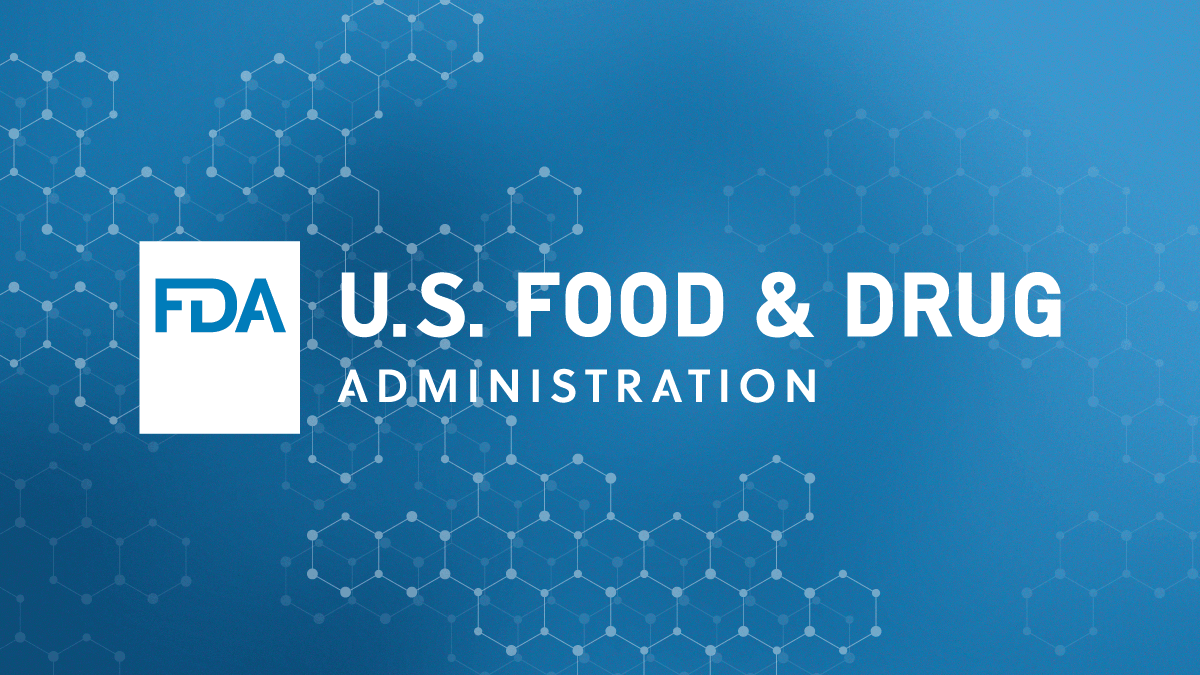- Bone Health
- Immunology
- Hematology
- Respiratory
- Dermatology
- Diabetes
- Gastroenterology
- Neurology
- Oncology
- Ophthalmology
- Rare Disease
- Rheumatology
FDA Tweaks Biosimilar Application Review Program
Biosimilar User Fee Act reviews have been slowed by the pandemic and the FDA has opened a public comment period as it plots the course through 2027.
The FDA has struggled during the COVID-19 pandemic to conduct timely reviews of biosimilar approval applications. This was evident in the announcement this week by Alvotech, of Reykjavik, Iceland, that the FDA was deferring action on its biosimilar application for AVT02, an adalimumab candidate, because it could not conduct the necessary site inspections needed to ensure compliance with US standards for drug manufacturing.
This week the FDA opened a public comment session on changes to its Biosimilar User Fee Act (BsUFA) budget, which is used to support the review of biosimilar product applications. This includes hiring staff, improving systems, and maintaining a well-managed program to optimize patient access to new and promising medicines. User fees are collected from applications and the FDA strives to ensure that they are sufficient to cover expenses. Those recommendations will be discussed in a virtual public meeting November 2, 2021.
“The purpose of this virtual public meeting is to allow interested stakeholders an opportunity to learn about and provide their views on proposed enhancements to the program’s reauthorization,” the FDA said in a statement.
Any budget revisions would apply to the years 2023 through 2027, and the public comments period will extend through December 2, 2021.
During 2020, the FDA approved 3 biosimilars vs 10 the previous year. Two biosimilars have been approved so far this year.
In an updated chart covering biosimilar applications that have been acted on by the FDA on or before the agreed user fee goal dates, the FDA indicated that BsUFA performance has dipped during the pandemic but reached 100% during the fiscal third quarter of 2021 (April 2021-June 2021; 100%). During the fiscal fourth quarter of 2020 and the fiscal first quarter of 2021, performance on biosimilar applications dipped to 75% and 67%, respectively, from 100% in the fiscal third quarter of 2020.
The dips were far more dramatic for biosimilar application reviews than for Prescription Drug User Fee Act (PDUFA) and Generic Drug User Fee Amendments (GDUFA) reviews. PDUFA reviews of applications dipped to 93%, 93%, and 91% during the first 3 quarters of fiscal 2021, respectively, vs 91%, 89%, and 90%, respectively, for GDUFA reviews.
The fiscal third quarter 2020 percentages for GDUFA and PDUFA reviews were 94% and 98%, respectively.
FDA Response
“Due to the COVID-19 public health emergency, FDA has not been able to conduct inspections at the same frequency as prepandemic. FDA is currently employing other tools to evaluate facilities, as appropriate, such as requesting records and other information under section 704(a)(4) of the Food, Drug and Cosmetic Act or reviewing trusted foreign regulator inspection records under existing mutual recognition agreements,” Charlie Kohler, a spokesman for the FDA, told The Center for Biosimilars® earlier this year.
“These tools have, in many cases, successfully allowed us to take actions on applications in lieu of an inspection. The BsUFA program has been especially impacted when inspections are needed to support a regulatory decision because it is smaller that the PDUFA and GDUFA programs,” he said.
The performance rate for action on BsUFA applications is skewed by the relatively small number of biosimilar applications that the agency receives, Kohler said.
“Due to the small numbers of actions in a quarter for BsUFA, a missed goal has a large percentage impact on performance and can drop the BsUFA percentage below the 90% on-time action performance goal. Early on in the pandemic, some inspections had been completed prior to the pausing of non–mission critical inspections, which lessened the impact on the [third quarter] BsUFA goals,” he said.
At the time of Kohler’s statement, in March 2021, the FDA was actively working on a solution to the shortfall in FDA inspections of facilities. “Once safe travel can resume, inspections will be scheduled based on a number of factors including the public health impact. We have developed a risk-based approach for prioritizing on-site inspection scheduling in anticipation of eased or lifted travel restrictions,” he said.
Newsletter
Where clinical, regulatory, and economic perspectives converge—sign up for Center for Biosimilars® emails to get expert insights on emerging treatment paradigms, biosimilar policy, and real-world outcomes that shape patient care.

